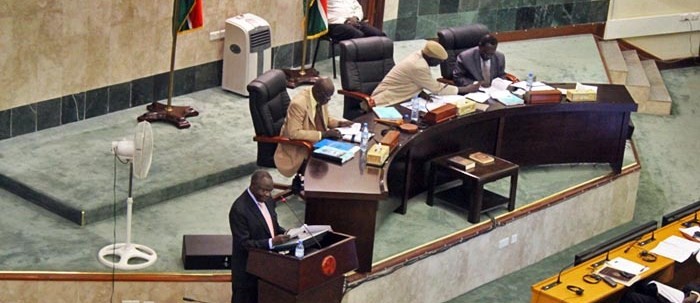The Minister of Finance in Unity State disclosed that his state’s transfers from the national government has been down about 40% owing to the continuing lack of oil revenues.
Jal Thomas Kume, state finance minister, told Radio Tamazuj last Thursday that the state used to get 65 million South Sudanese pounds per year from Juba as the state budget, but now gets 39 million per year as budget.
“Before we used to get 65 million and we used to get 6-point-something million per month,” added Kume. “Now we get 3-point-something-million from Juba per month.”
He explained that this means the block grants to the states are down by 37% compared to the states’ annual budgets.
Non-oil revenues in Unity state are thought to be minimal. Resumption of oil work this month has yet to bring in new revenues because technically it will take some time to bring the oil fields back on-line since they were shut down last February.
The decline in state revenue has caused the government to reduce national staff salaries in Unity by 25% monthly, according to the the minister, who announced that the state council of ministers has recently passed a resolution to this effect.
“I want to inform the people of Unity state that the council has passed a resolution for salary reduction,” he said.
Not only Unity state but all the states of South Sudan are subject to the reduction of salaries as part of the policy of the Government of South Sudan, he said.
He pointed out his ministry is working on making another budget. The minister acknowledged that the policy of cutting the national staff salaries would greatly affect their lives, but he hoped for change in the near future.
The minister said that if the oil production resumes then the situation may change. He also pointed out that the state has been working on improving “effective revenue collection policies” from non-oil sources.
He also disclosed out that the recent delay of payment of the salaries was from the center in Juba but not from the state, since his ministry received the block transfer for staff salaries late.




